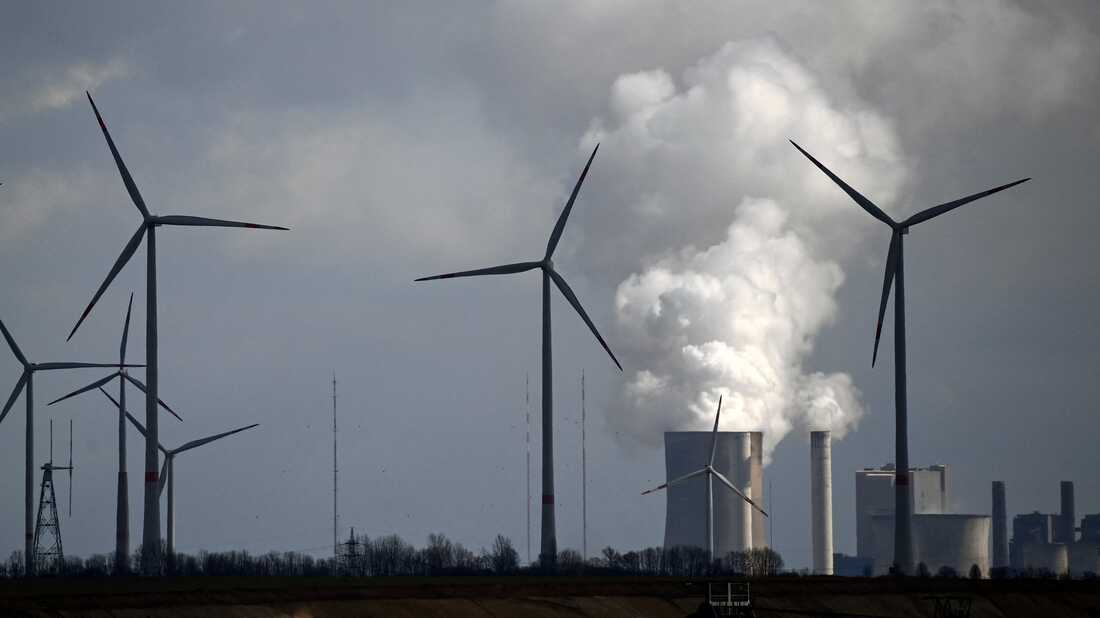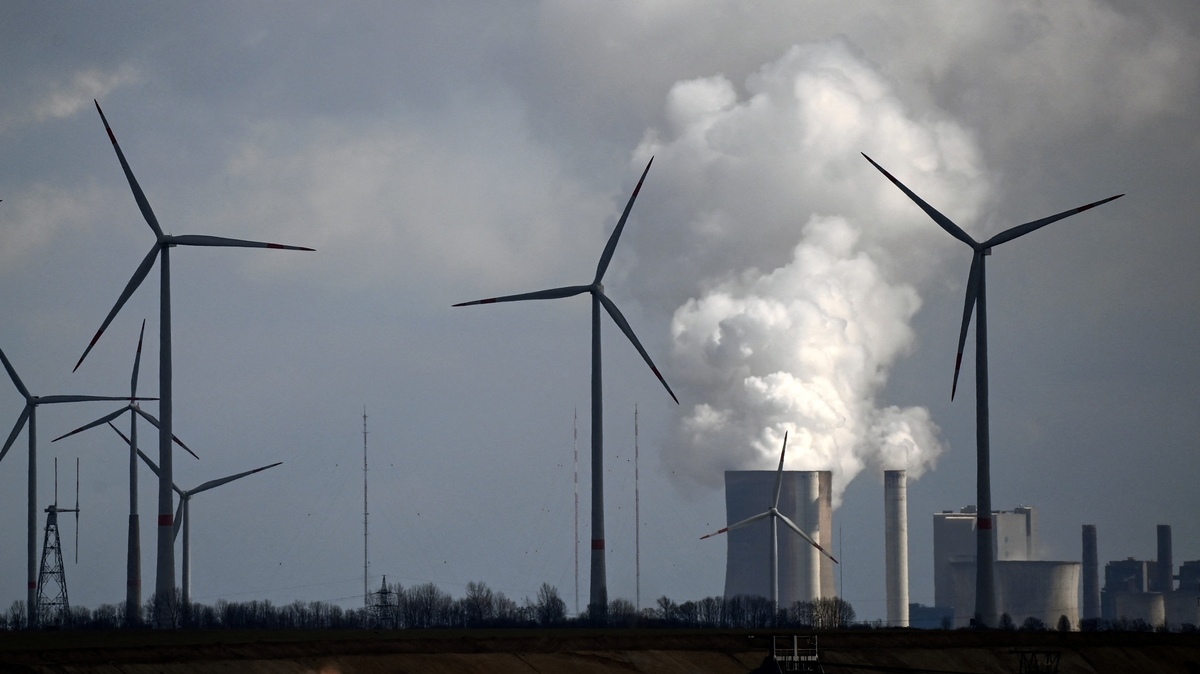

Ina Fassbender/AFP via Getty Images
People are likely to be confused by climate change terms like "mitigation" and "carbon neutral," according to a recent study. Yet, these terms are ubiquitous in climate research and reports that are meant to be accessible to a general audience.
On a recent episode of NPR's Short Wave podcast, climate correspondent Rebecca Hersher asks: How can everyone — scientists, journalists and other science communicators — do a better job talking about climate change so that no one's left confused?
The key might be simple.
Read more of Rebecca's reporting on climate jargon.
Listen to NPR's Short Wave on Apple Podcasts, Spotify and NPR One.

 Live Radio
Live Radio